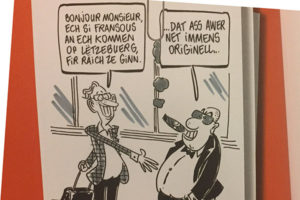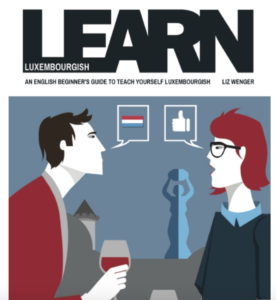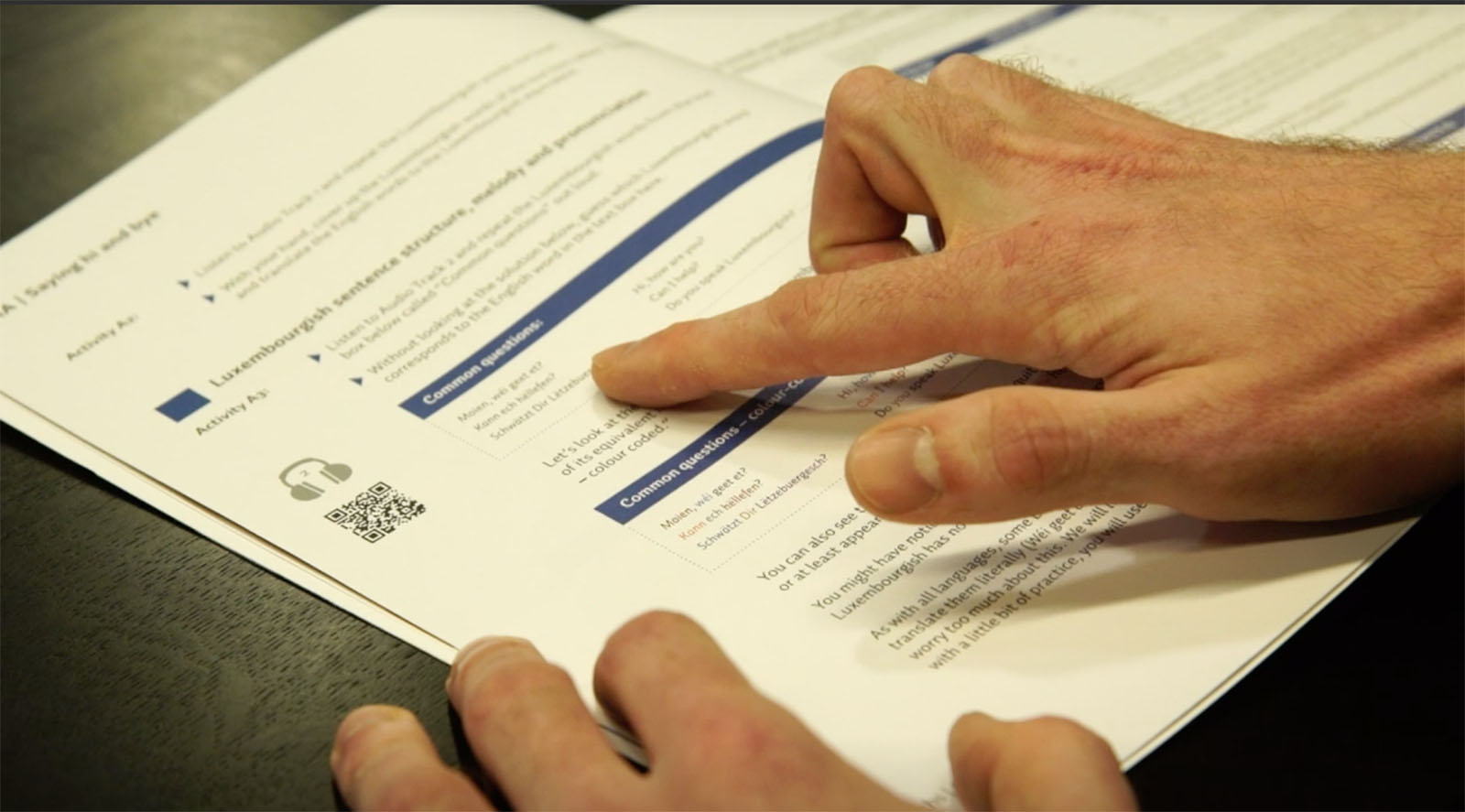The following addresses the uptrend in the Luxembourgish language, and where the language comes from.
This page is from 2017 and will be updated soon.
The Uptrend in Luxembourgish
Luxembourg is a very multilingual little country. It has three official national languages: French,  German, and Luxembourgish. Banned by the Germans in World War 2 and often seen as a marginalized local dialect, recent cultural trends in Luxembourg
German, and Luxembourgish. Banned by the Germans in World War 2 and often seen as a marginalized local dialect, recent cultural trends in Luxembourg
have seen a renaissance of the language in Luxembourg. While still on the UNESCO list of “Endangered Languages”, the study of Luxembourg’s language is on a major uptrend.
Outside of citizenship “recovery” for individuals with Luxembourg ancestry, Luxembourg citizenship can be obtained by naturalization for foreigners. Living in Luxembourg is in many ways tied to the learning and mastery of the language.
What Is Luxembourgish?
So, what is Luxembourgish? It is a West Germanic (called by Linguists Moselle Fraconian) language spoken mainly in Luxembourg. In summary, it’s like German’s cousin with a fair deal of French mixed in.
About 390,000 people speak Luxembourg’s language worldwide. One of the biggest challenges the language faced throughout its history was a lack of recognition and written standardization. Effectively, there was no agreed system of spelling for the language until the mid-1940s and no final agreement was in place until the 1990s. Moreover, the language was not even an official national language until 1984.

Visit Liz Wenger’s site to learn more about this book.
Recently, Luxembourg’s government has published a 40-point action plan to protect the language. Also, petitions to protect the status of the national language have reached nearly unprecedented participation levels. All the same, only 7% of books published in Luxembourg in the last year were in its national language.
How Can You Learn Luxembourgish?
Classes
Interested in learning this language? There are many reasons to learn this language. This is even true for spouses of dual citizens, who must learn Luxembourgish as a part of their own dual citizenship naturalization process.
LuxCitizenship has a page on the language here. Otherwise, most educational materials published their works in French. However, for a great resource on the language you can check out in English, please take a look at Liz Wenger’s Learn Luxembourgish. It’s a great place to start. She also offers online Skype courses in Luxembourgish.
Find her resources at http://learnluxembourgish.com/.
Apps
There is an official app for learning Luxembourgish put out through a Luxembourg government effort, that can be found at llo.lu. There is another an app similar in style. Find 365 Days Luxembourgish at https://www.languages.lu/single-post/2017/11/14/365-Days-Luxembourgish—the-App-launched-at-LID2017.
LuxVocabulary is a quadrilingual website with learning games to learn Luxembourgish. LuxVocabulary also includes a full dictionary with advanced search options. https://luxvocabulary.com
Looking for a dictionary? The Luxembourgish dictionary can be found at lod.lu (Lëtzebuerger Online Dictionnaire) or on your phone through your favorite app store

